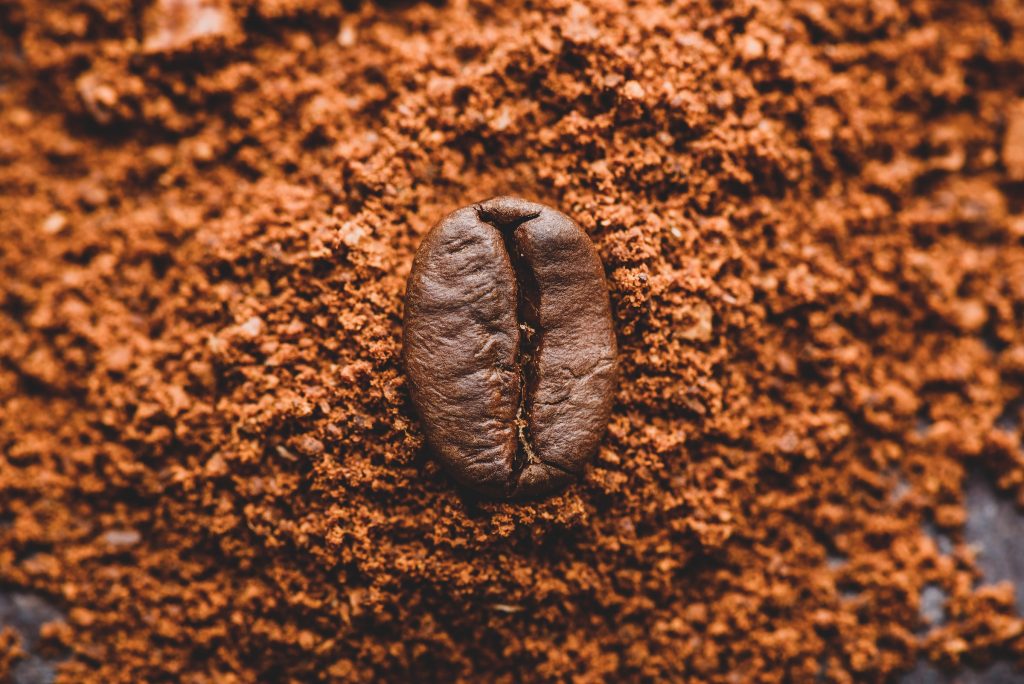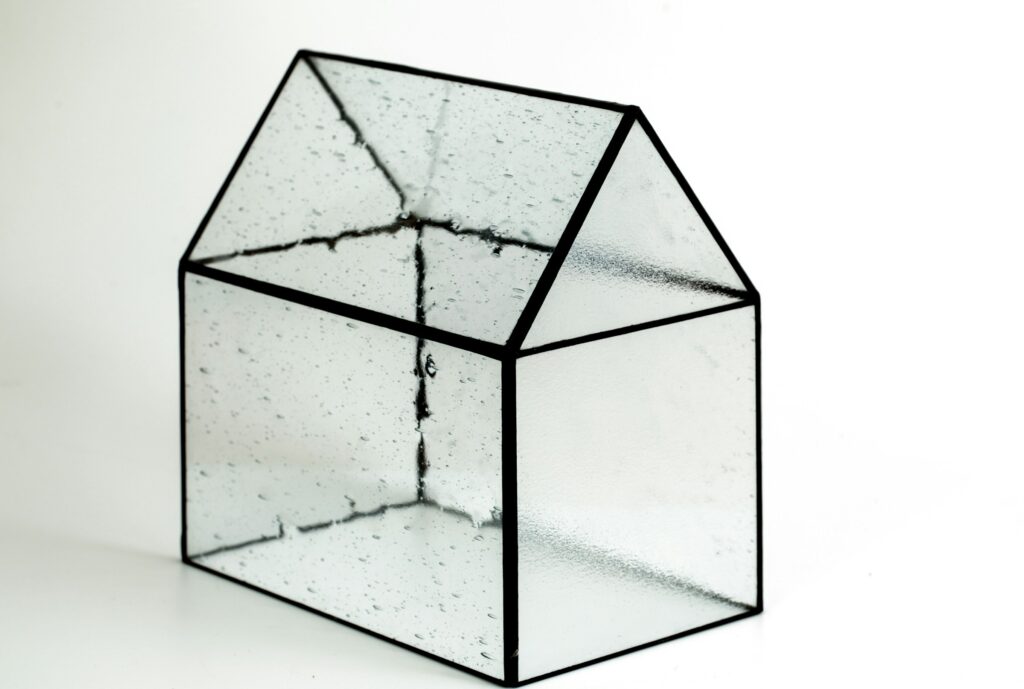By Scott Sackin

Ah, the aroma of freshly brewed coffee! If you’re like many, a cup of coffee is the perfect start to your day. But what do you do with those leftover coffee grounds? If you’ve ever wondered whether you should toss them into your garden, you’re not alone.
Most of us have, at some point, heard that coffee grounds might be good for our plants. Yet, just like me, many don’t have a clear grasp of the specifics, often leaving us hesitant to sprinkle those grounds onto our favorite blossoms.
So, inspired by this very quandary, I recently delved deep into the world of coffee grounds, looking at as many reputable sources as possible. In this blog, I’ll share my findings on the wonders of coffee grounds and their role in plant health and soil vitality.
Firstly, a disclaimer:
I must admit, I’m not a certified horticulturist. Just a passionate gardener with a penchant for recycling and repurposing. So, the insights shared here are the fruit of extensive reading and not professional expertise.
Coffee Grounds: The Nutritional Breakdown
Coffee grounds are nutrient powerhouses. Rich in nitrogen, they also contain significant amounts of potassium and phosphorus. These are elements you’ll often find in commercial fertilizers. But remember, while coffee grounds can complement, they shouldn’t replace your standard fertilizer.
Top 4 Ways to Repurpose Coffee Grounds in Your Garden
- Mulching: Mulching involves adding materials to the soil to improve its quality, discourage weed growth, boost moisture retention, and enhance drainage. Coffee grounds are excellent for this. Simply spread them thinly over the soil. Do ensure they don’t clump together, and lightly integrate them using a garden fork.
- Vermicompost: This fancy term simply means using earthworms for composting. Coffee grounds are worm magnets! Incorporating them into your compost attracts more worms, improving the compost’s quality. However, ensure that coffee grounds form less than 20% of your compost mix.
- Fertilizer: Making a ‘coffee-tea’ is a splendid way to nourish your plants. Steep used grounds in water, then use this concoction as a liquid fertilizer. Whether you’re watering your plants or feeding their leaves, this brew is a treat.
- Pest Deterrent: While not a complete solution, coffee grounds can deter pests like mosquitoes, beetles, slugs, and snails. And if you’re trying to keep cats away from certain parts of your garden, sprinkle some grounds there.
Storing Your Coffee Grounds
Storing coffee grounds is easy. I use a small bucket placed just outside my kitchen door. This way, I have my grounds ready for whatever gardening adventure the weekend brings.
A Final Note on Soil pH
Garden soil can be acidic, alkaline, or neutral. Coffee grounds can alter this balance slightly. However, if used as described above, they’re more likely to be a boon than a bane.
In Conclusion
The next time you’re enjoying that cup of joe, remember that your garden might enjoy the remnants just as much. Here’s to greener, more vibrant plants, all thanks to a little coffee magic!










